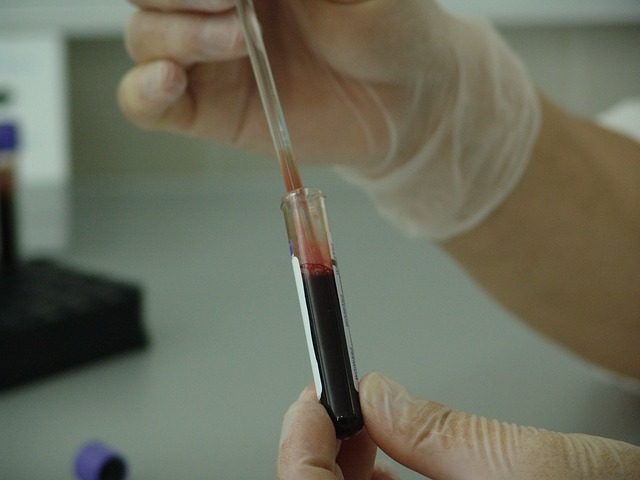PharmaCyte has licensed in-vitro diagnostic tests designed, manufactured and used within a single laboratory, from Hai Kang Life

PharmaCyte signs licensing agreement with Hai Kang Life for COVID-19 diagnostic test kits. (Credit: Pixabay/PublicDomainPictures)
US-based clinical stage biotechnology firm PharmaCyte Biotech has signed a license agreement with Hai Kang Life, a Hong Kong-based molecular diagnostic company, for its technology related to COVID-19 diagnostic kits.
Under the license agreement, PharmaCyte can directly conduct research, use, develop, market, sell, distribute, import and export the products licensed from Hai Kang, for human and veterinary uses in North America, the UK and certain other territories in Europe (Territory).
The products encompass in vitro diagnostic tests designed, manufactured and used within a single laboratory for which the US FDA is not enforcing any premarket review or other regulatory approval requirements.
PharmaCyte is responsible for development and commercialisation of at least one product in the Territory, along with other things, including the performance of non-clinical and clinical studies of any product, preparation, filing and prosecution of certain regulatory approvals.
Hai Kang is responsible for all aspects of the manufacture and supply of the products that will be developed and commercialised under the license agreement.
PharmaCyte will engage a partner to validate the claims made by Hai Kang
During the term of the agreement, PharmaCyte will pay a monthly fee to Hai Kang in the amount of $6,000, which would be increased to $50,000 once the first product receives regulatory approval from the USFDA.
In addition, PharmaCyte would make quarterly royalty payments equaling 10% of net sales of any product sold, upon the first commercial sale.
PharmaCyte said that it would engage a partner to perform the necessary tests to validate the claims made by Hai Kang regarding the sensitivity and specificity of the technology.
The company is engaged in developing cellular therapies for cancer and diabetes based upon a proprietary cellulose-based live cell encapsulation technology, dubbed Cell-in-a-Box, used as a platform for developing several types of cancer and diabetes therapies.
In addition, it is developing the use of genetically modified liver cells and stem cells, as well as beta islet cells, to treat diabetes.
